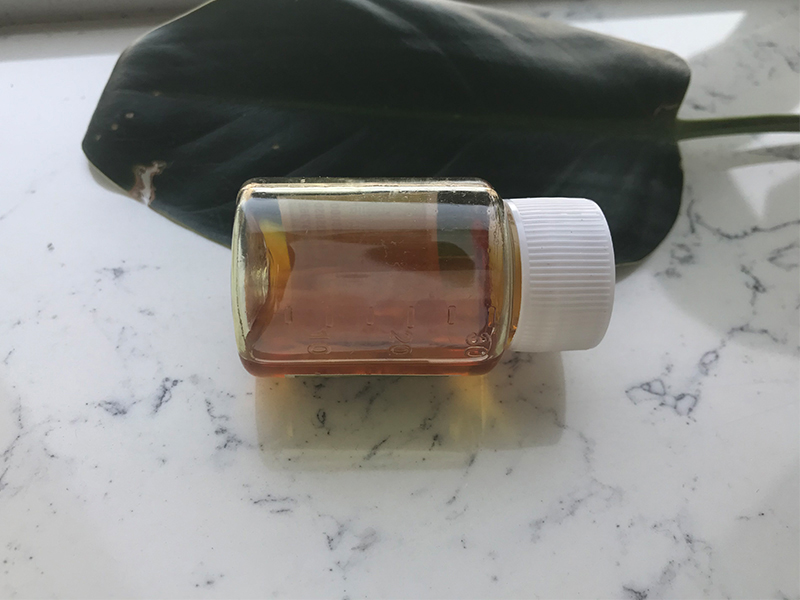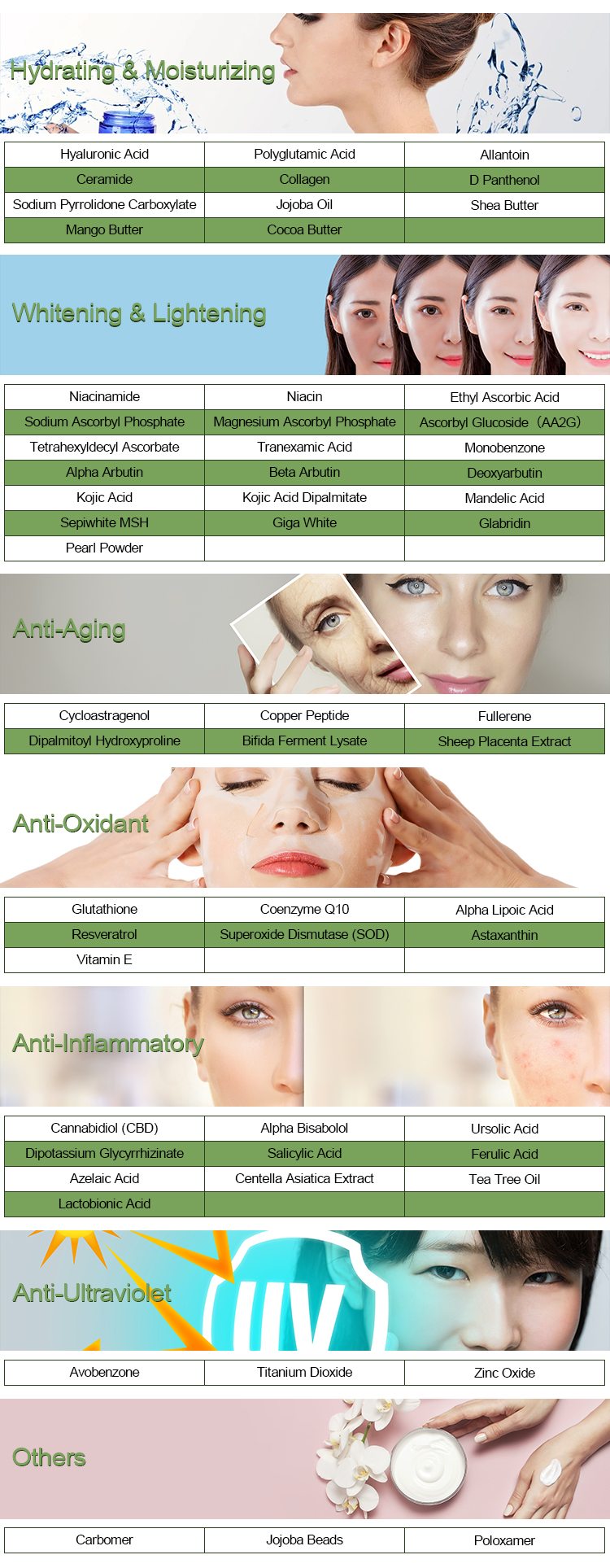As of my last update in September 2021, Bakuchiol oil has gained popularity as a natural alternative to retinol, a widely used skincare ingredient. It is derived from the seeds and leaves of the Psoralea corylifolia plant, also known as “babchi” or “babchi plant.” Here are some of the pros and cons associated with Bakuchiol oil:

Pros of Bakuchiol Oil:
Retinol-like effects: Bakuchiol has been touted as a natural alternative to retinol. It is believed to exhibit similar anti-aging effects, such as promoting collagen production, reducing fine lines, and improving skin elasticity.
Gentle on the skin: Bakuchiol is generally considered to be less irritating and better tolerated by sensitive skin compared to retinol. This makes it suitable for individuals who experience irritation or redness with retinol-based products.
Antioxidant properties: Bakuchiol is a rich source of antioxidants, which help protect the skin from free radical damage caused by environmental factors like pollution and UV radiation.
Anti-inflammatory: It possesses anti-inflammatory properties, which can be beneficial for soothing and calming irritated skin.
Stability: Unlike retinol, Bakuchiol is more stable and less prone to degradation when exposed to light and air, which helps in maintaining its efficacy over time.
Suitable for pregnant and breastfeeding women: Bakuchiol is considered safe for use during pregnancy and while breastfeeding, unlike some retinol derivatives, which are generally not recommended during these periods.
Cons of Bakuchiol Oil:
Limited research: While the initial studies on Bakuchiol have been promising, there is still relatively limited scientific research compared to retinol. More comprehensive studies are needed to fully understand its long-term effects and efficacy.
Slower results: Bakuchiol may take longer to show visible results compared to retinol, which is known for its rapid effects on skin texture and fine lines.
May not be as potent as retinol: Some individuals may find that Bakuchiol is not as potent as retinol in treating more severe signs of aging or skin concerns.

Allergic reactions: As with any skincare product, there is a possibility of allergic reactions or skin sensitivity to Bakuchiol oil. It’s essential to perform a patch test before applying it to a larger area of the skin.
Not suitable for severe acne: While retinol is commonly used to treat acne, Bakuchiol may not be as effective for severe or cystic acne.
Product quality: The efficacy of Bakuchiol oil can vary depending on the source and quality of the product. It’s crucial to choose a reputable brand with quality formulations.
Always consult with a dermatologist or skincare professional before incorporating any new product into your skincare routine, especially if you have specific skin concerns or conditions. They can help determine whether Bakuchiol oil is suitable for your skin type and provide personalized advice. Additionally, new research and developments may have occurred since my last update, so it’s essential to verify information with the most recent sources.
